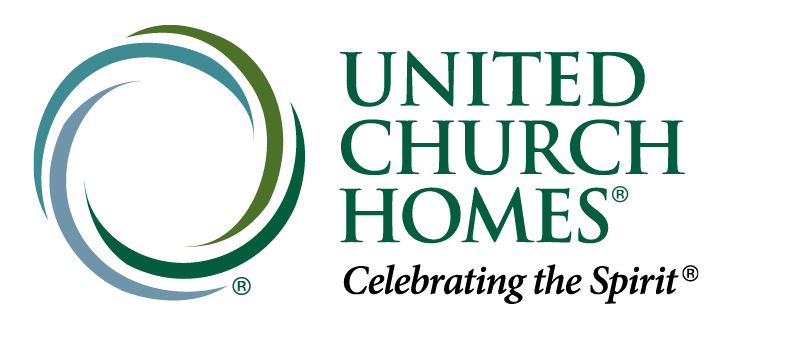Highlights from this week’s conversation include:
- Keren’s background and work in gerontology (1:05)
- The motivation for working with older adults (2:26)
- Connecting technology with the needs of older adults (3:37)
- Keren’s training in gerontology and its influence on her view of technology (5:26)
- Understanding age tech and longevity tech (9:08)
- Evaluating the promise of age tech solutions (10:43)
- Challenges and rewards of selling tech in the aging industry (17:59)
- Opportunities in the tech space and the influence of big companies (20:38)
- Buyers in the tech space and the potential of direct-to-consumer sales (22:07)
- Longevity Tech and Healthy Years (24:03)
- Future of Longevity Tech (26:07)
- AI Applications and Conversational Interfaces (27:53)
- Reflection on Personal Aging Experience and Inspiration (31:23)
- Final remarks and takeaways (33:27)
Abundant Aging is a podcast series presented by United Church Homes. These shows offer ideas, information, and inspiration on how to improve our lives as we grow older. To learn more and to subscribe to the show, visit abundantagingpodcast.com.

